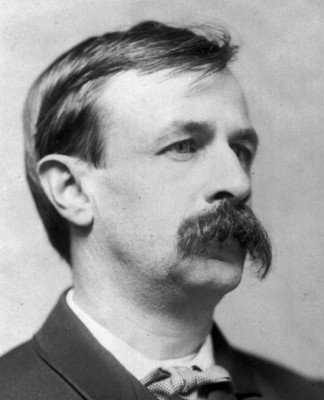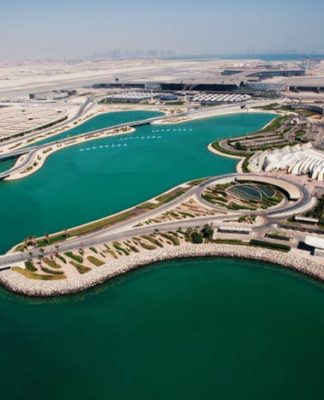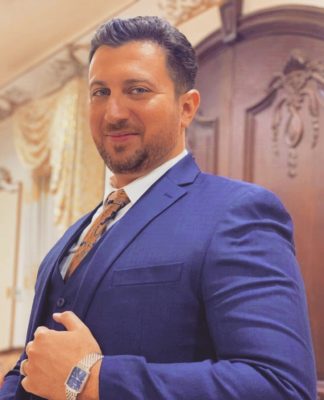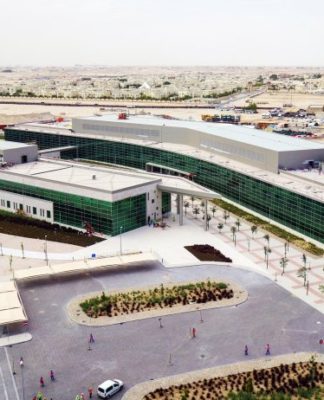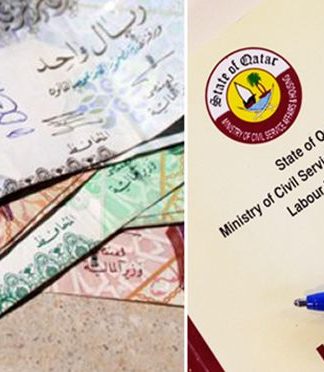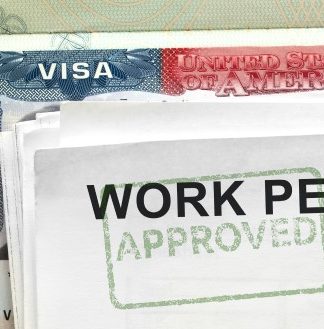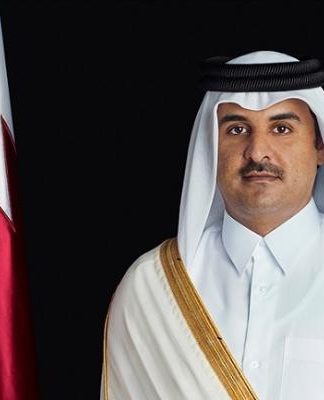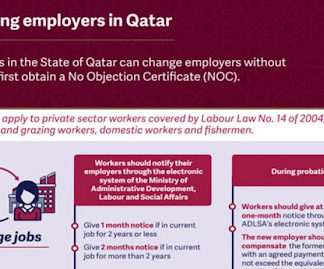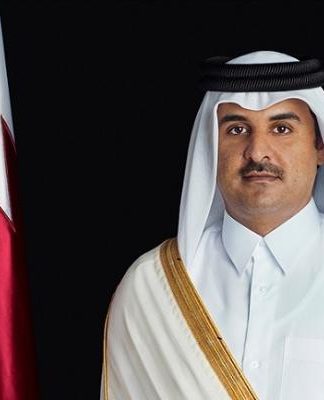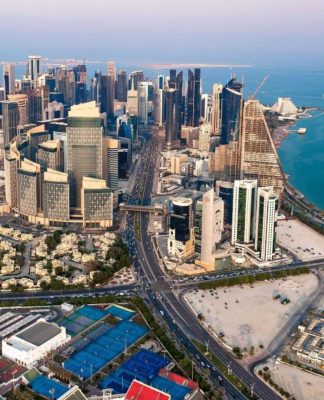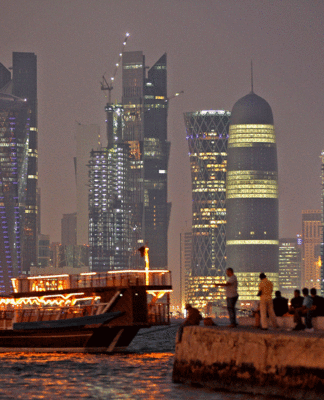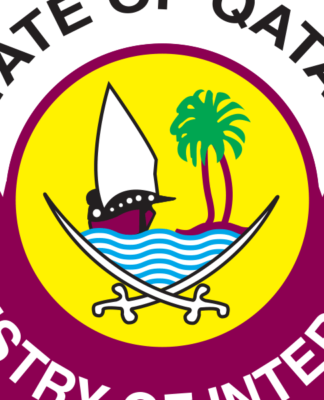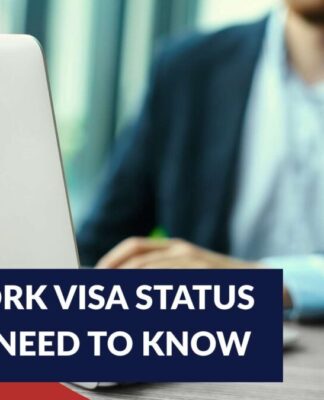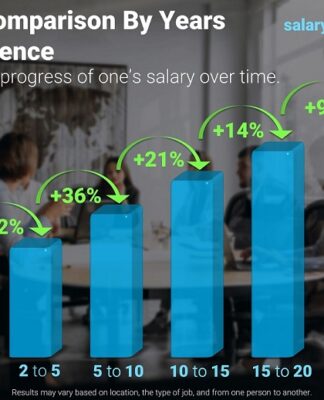Explainer
Sudan: Why has violence erupted, who are the RSF and where are the army and paramilitary fighting?
Violent clashes in Sudan erupted out of escalating tensions and a long-running tussle for power. Sky News looks at what you need to know about why and where the clashes are happening.
Josephine Franks
Sky News reporter @jos_franks
Tuesday 18 April 2023 11:25, UK
Listen to this article
0:00 / 5:35
1X
BeyondWords
Audio created using AI assistance
Smoke is seen rising from a neighborhood in Khartoum. Pic: AP
Image:
Smoke is seen rising from a neighborhood in Khartoum. Pic: AP
Why you can trust Sky News
Fighting erupted in Sudan on Saturday as the army and paramilitary forces clashed, leaving at least 185 people dead and more than 1,800 injured.
They were the first clashes between the forces since they formed an alliance in 2019 but rose out of a long-running tussle for power.
The US was dragged into the conflict on Monday, when one of its diplomatic convoys came under fire in an apparent attack by fighters associated with Sudan’s paramilitary Rapid Support Forces (RSF).
The incident prompted a strong rebuke from US secretary of state Antony Blinken, who described it as “reckless” and “irresponsible”, and urged a ceasefire.
Both sides have offered truces in previous days, but the fighting has not stopped.
Here is what you need to know about the conflict.
Who are the main players?
On one side you’ve got Sudan’s army, headed by General Abdel Fattah al Burhan.
He has been the country’s de facto president since a military coup in October 2021.
Yousra Elbagir1:12
Play Video – What’s going on in Sudan?
What’s going on in Sudan?
On the other is paramilitary group the RSF, the partner-turned-rival of the military.
The RSF is led by General Mohamed Hamdan Dagalo, better known as Hemedti. He is the deputy head of Sudan’s ruling Sovereign Council.
The two sides came together to oust former leader Omar al Bashir in 2019 but there have been long-running disagreements over how the country should be run.
Since the clashes started both sides have claimed to be in control of strategic locations, including the presidential palace, airports and air bases.
Speaking to Sky News, General al Burhan said he was open to negotiations as the fighting continues.
Smoke is seen rising from a neighborhood in Khartoum. Pic: AP2:39
Play Video – Sudan army chief open to negotiations
Sudan army chief open to negotiations
“If negotiations will restore the country and are fair then it’s possible,” he added.
The RSF also issued a statement saying it was waging a continuing battle to restore “the rights of our people”.
However, the fighting has continued.
Why has violence erupted now?
Saturday’s violence erupted out of tensions over the transition from military to civilian rule.
Things escalated in the days prior as RSF troops were deployed around the country.
In a rare statement in the early hours of Thursday, the army said the mobilisation represented a “clear violation of law”.
Central to the tension was a disagreement between the army and the paramilitary over how and when the RSF should be integrated into the military.
The army wanted the transition to happen within two years while the RSF said it would take 10 years.
The merger is a key condition of a framework deal agreed in December that would see power shifted to civilians.
The agreement was supposed to be signed on 1 April, but it has been delayed because of failed talks.
Read more:
Why tensions in Sudan could escalate into ‘all-out civil war’
Civilians among 56 killed during heavy fighting in Sudan
Local journalist explains fighting in Sudan0:55
Play Video – ‘Tension had been boiling’ in Sudan
‘Tension had been boiling’ in Sudan
Where is the fighting happening?
The fighting began at a military base south of the capital Khartoum, with both sides accusing the other of initiating attacks.
Clashes then spread across the city, including around the military’s headquarters, the airport and the presidential palace.
Witnesses reported gunfire in many parts of the country, including heavy exchanges of gunfire in the northern city of Merowe and clashes in the Darfur cities of El Fasher and Nyala.
On Monday, a US diplomatic convoy, which was flying the country’s flags, came under fire in Sudan.
Click to subscribe to the Sky News Daily wherever you get your podcasts
Mr Blinken separately telephoned the leaders of both groups to tell them that any danger posed to American diplomats was unacceptable.
“We have deep concerns about the overall security environment,” he told a news conference at a meeting of Group of Seven foreign ministers in Japan.
He urged both leaders to agree to a ceasefire.
UN secretary-general Antonio Guterres also strongly condemned the outbreak of fighting and appealed to both leaders to immediately cease hostilities, restore calm and begin a dialogue to resolve the crisis.
Meanwhile, the World Health Organization (WHO) says there have been three attacks on healthcare facilities in Sudan since the outbreak of fighting.
The International Federation of Red Cross (IFRC) has warned that continued disruption to the healthcare system could result in its collapse and that providing aid around the Sudanese capital was “almost impossible”.
Who are the RSF?
The RSF is made up of about 100,000 troops and evolved from so-called janjaweed militias that fought in the Darfur conflict in the 2000s.
The RSF has long been accused of atrocities linked to the Darfur conflict.
In 2017, a law legitimising the RSF as an independent security force was passed.
Smoke is seen rising from planes in Khartoum's international airport amid violent fighting
Image:
Smoke is seen rising from planes in Khartoum’s international airport amid violent fighting
Transition to democracy
Former president Omar al Bashir was ousted in 2019 following months of protests against his three-decade authoritarian rule.
He was convicted of corruption and money laundering and accused by the International Criminal Court of war crimes and genocide, linked to the bloody conflict in Darfur.
A joint military-civilian government was established after he was toppled but that was overthrown in the 2021 coup.
The coup put the army back in charge, but it faced weekly demonstrations, renewed isolation and deepening economic woes.
Related Topics
Sudan
















